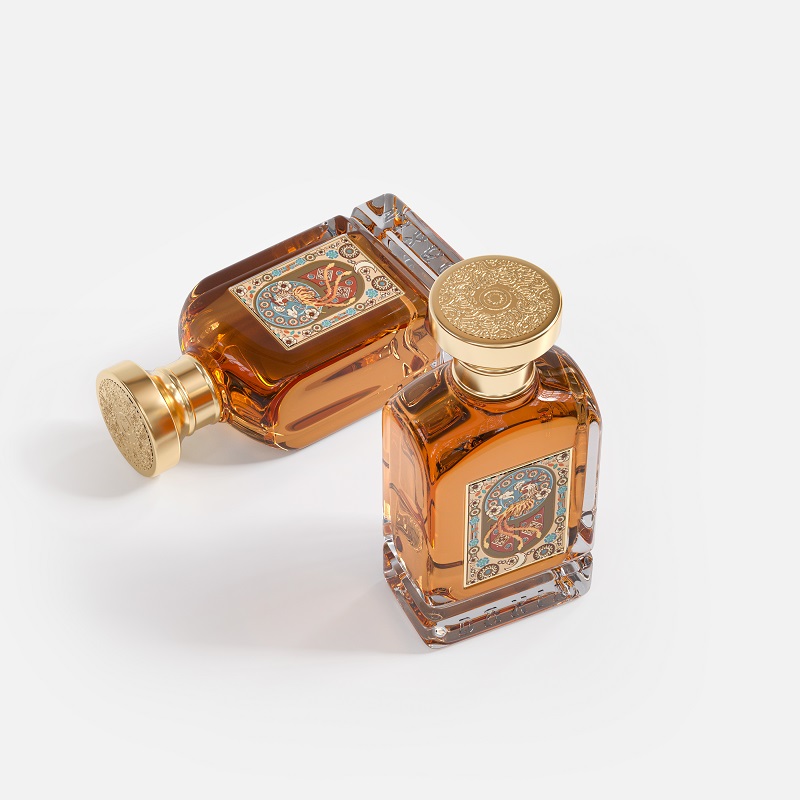What Are Arabic Perfumes Called?
What Are Arabic Perfumes Called?
Arabic perfumes, known for their rich, exotic, and long-lasting scents, are a significant part of Middle Eastern culture and heritage. They are traditionally crafted using high-quality natural ingredients and unique blending techniques. Arabic perfumes have specific names and classifications that reflect their ingredients, usage, and cultural significance.
1. Attar (Ittar)
Attar, also spelled ittar, is one of the most well-known types of Arabic perfume. It is a natural perfume oil derived from botanical sources.
Ingredients: Attar is typically made from flowers, herbs, spices, and other natural ingredients like sandalwood and oud. The oils are extracted through steam distillation or hydro-distillation.
Characteristics: Attars are highly concentrated and long-lasting. They are often alcohol-free, making them suitable for use in Islamic rituals and daily wear.
Usage: Attar is applied directly to the skin, usually on pulse points such as the wrists and neck. It can also be used in religious ceremonies and as a personal fragrance.
2. Oud (Oudh)
Oud, also known as oudh or agarwood, is one of the most prized and expensive ingredients in Arabic perfumery.
Source: Oud is derived from the resinous heartwood of the Aquilaria tree, which is native to Southeast Asia. The tree produces the resin in response to fungal infections or other damage.
Scent Profile: Oud has a complex, rich, and woody aroma with sweet, spicy, and smoky undertones. It is often described as having a mystical or spiritual quality.
Usage: Oud can be used in pure form or blended with other fragrance oils. It is a key ingredient in many traditional and modern Arabic perfumes.
3. Bakhoor
Bakhoor is a traditional Arabic incense made from wood chips soaked in fragrant oils and sometimes mixed with other natural ingredients like resins, musk, and amber.
Usage: Bakhoor is burned over charcoal or an electric burner to release a rich and aromatic smoke. It is commonly used to perfume homes, clothing, and hair.
Cultural Significance: Burning bakhoor is a cultural practice in many Middle Eastern households, often used during special occasions, religious ceremonies, and for daily home fragrance.
4. Musk
Musk is a popular ingredient in Arabic perfumery, known for its deep, sensual, and long-lasting aroma.
Natural Source: Traditional musk is derived from the glandular secretions of the musk deer. However, due to ethical and legal concerns, synthetic musk or plant-based alternatives are often used.
Usage: Musk is used as a base note in many Arabic perfumes, adding depth and longevity to the fragrance. It is also used in pure form as a personal scent.

5. Mukhalat
Mukhalat refers to a blend of various perfume oils and ingredients, creating a complex and harmonious fragrance.
Ingredients: Mukhalats can include a mix of oud, rose, sandalwood, musk, amber, and other fragrant oils.
Characteristics: These blends are known for their richness and depth, offering a multi-layered olfactory experience.
Usage: Mukhalats are used as personal perfumes and can be applied directly to the skin or mixed with other fragrances.
6. Ambergris
Ambergris is a rare and valuable ingredient used in high-end Arabic perfumes.
Source: Ambergris is a waxy substance produced in the digestive system of sperm whales. It is found floating in the ocean or washed ashore.
Scent Profile: Ambergris has a sweet, earthy, and marine aroma. It is often used as a fixative, enhancing the longevity and depth of other fragrance notes.
Usage: Ambergris is used sparingly in perfumery due to its rarity and high cost. It is prized for its unique scent and ability to enhance other ingredients.
Conclusion
Arabic perfumes, such as attar, oud, bakhoor, musk, mukhalat, and ambergris, are renowned for their rich, exotic, and long-lasting scents. These perfumes are crafted using high-quality natural ingredients and traditional techniques, reflecting the cultural heritage and artistry of the Middle East. Whether used for personal fragrance, religious rituals, or home perfuming, Arabic perfumes offer a unique and luxurious olfactory experience.
